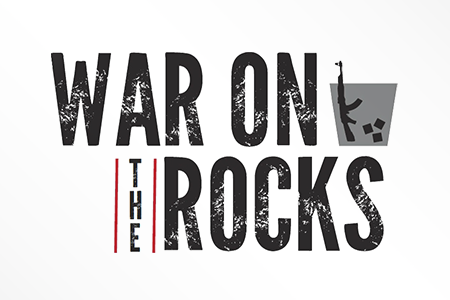
Podcast: CNS expert Hanna Notte is interviewed on the podcast, Thinking the Unthinkable with Ankit Panda.
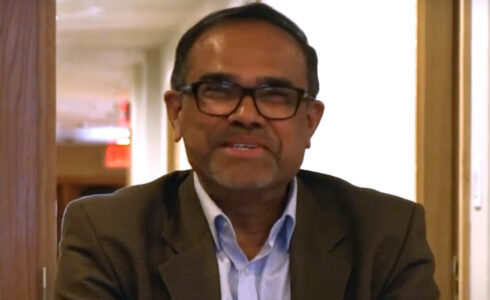
Video of a seminar with T.V. Paul.
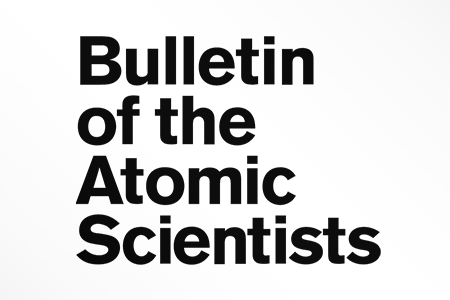
Western governments would do well to incentivize and assist market players protecting their conversion and enrichment supply chains until new capacity can be added.
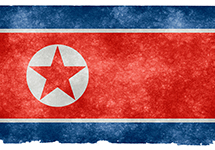
The situation on the Korean Peninsula is more dangerous than it has been at any time since early June 1950.
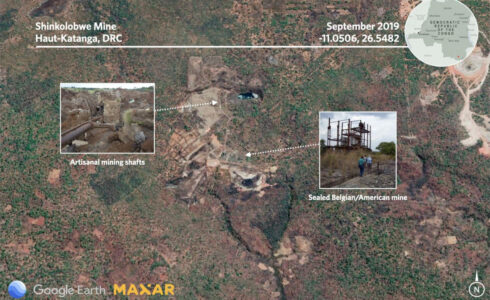
With multiple compromises on the perimeter, as well as poorly placed guard towers, the Shinkolobwe mine is not as secured as it should be.
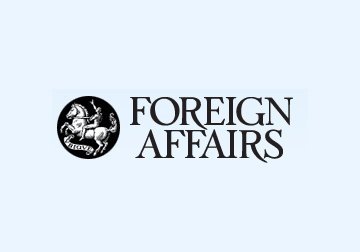
Despite attempts to ban radiological weapons, challenges persist in achieving consensus, highlighting the necessity for global collaboration, legal restraints, nonproliferation commitments, and public education to deter their proliferation.

Outrider.org launched a podcast “The Reason We’re All Still Here,” with Jeffrey Lewis discussing nuclear weapons history and the citizens who chose to build a safer world.

This work contains contributions by CNS’s Miles Pomper, Allison Berke, Ferenc Dalnoki-Veress, and George M. Moore.